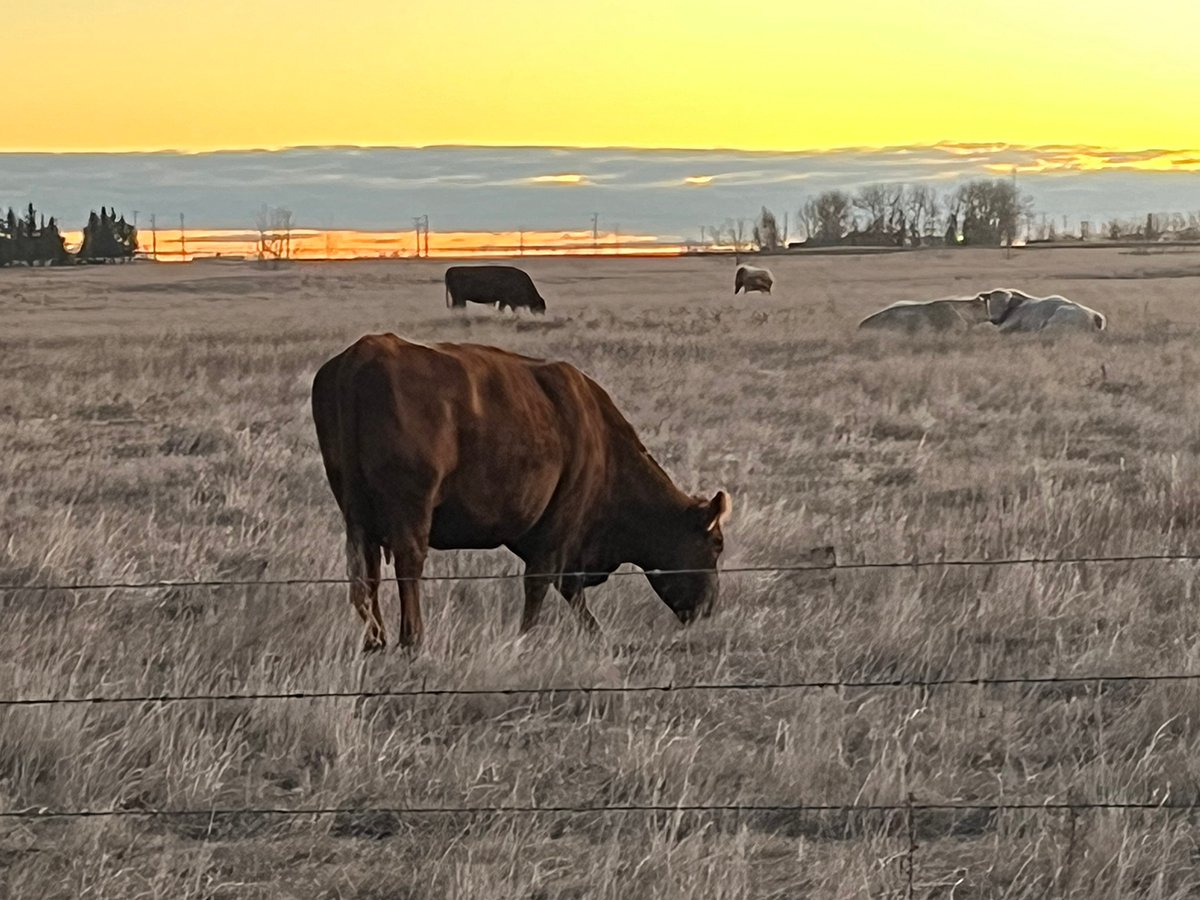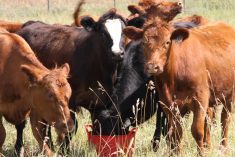RENO, Nev. — Many American producers may not realize their cattle suffer from liver abscesses.
Studies conducted by several universities in the United States show animals with abscessed livers don’t perform as well and produce carcasses that yield less than those with normal livers.
In a presentation at the National Cattlemen’s Association convention, representatives from the animal drug company Elanco explained how this condition happens and how it affects an animal.
High-energy diets can cause rumenitis, allowing rumen bacteria to escape and eventually travel to the liver where they cause abscesses to form in and on the organ, Animal nutritionist Gary Vogel said, in severe abscesses the liver can adhere to the inner body cavity and part of the muscle tissue must be cut away in the slaughter house.
Read Also

Animal protection delivery to change in Saskatchewan
The Saskatchewan government is looking for a new agency to handle animal welfare after Animal Protection Services of Saskatchewan decided not to renew its contract next year.
One third suffered damage
A study 15 years ago in the Texas Panhandle involving 56,658 steers and heifers revealed more than a third had livers that had to be condemned. Further work published by West Texas State and Nebraska State universities concluded that thinner carcasses, lighter cattle and increased trim on the kill floor are all related to liver abscess damage.
Feedlot owners are informed if their cattle showed signs of abscess. This can help operators alter diets or administer medication to reduce the incidence of abscesses.
Elanco’s studies say an average animal with a normal liver gains 2.67 pounds a day. Those with severe abscesses had an average daily gain of 2.36 lb.. This can cost a producer $7.26 per head in lost performance.















